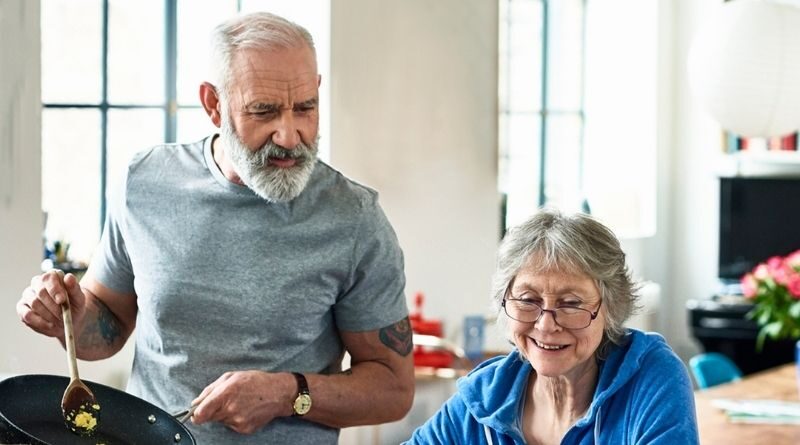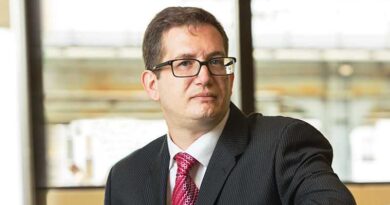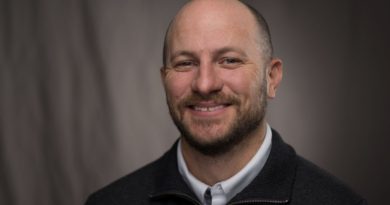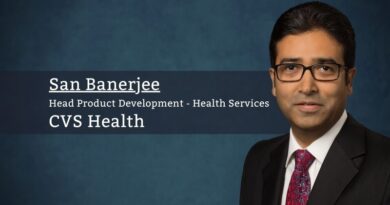Raziel – Continuous Care Inspired by Human Empathy
Raziel was founded to solve the number one problem in healthcare—episodic care. Episodic care is something most of us as patients have experienced. It entails a familiar drill of coming to the doctor, waiting for our turn in the waiting room and then sitting on a piece of paper on a table. The doctor finally enters, often with a quick “Hello”, followed by staring at a computer/EMR. After 10-15 minutes, we are out the door with more questions than answers, and little to no interactions, until the next three months or three years. A physician examining the patient would wonder the same. “Am I seeing the most at-risk patients today? Who do I need to worry about? Who was discharged from the hospital and who are the high-risk patients?” And then comes the most important question, “What is happening in the patients’ home which is contributing to their illness, or maybe was the cause in the first place?”
What goes missing in either scenario is the opportunity to know the case more accurately, gather data, and interact with the patient when they are home, living life. For patients with multiple chronic diseases, particularly the elderly, the lack of continuity is one of the main reasons our systems have failed to stem the tide of their diseases and lower costs.
Raziel is at the forefront of a healthcare revolution where the patient data is continuously collected via simple devices for measuring vitals along with smartphones for communications, while the data flows between the patient, care teams and EHR systems. The company leverages algorithms built by leading academic clinicians, a team of nurses, behavioral specialists, and pharmacists. The data from devices and patient interactions provide a deep view into the causes and solutions for chronic conditions.
Patients would suddenly have the physician or health system in the palms 24 x 7, with a concierge team that knows their moment-to-moment data and cares about them. “Compared to the episodic system, this is night and day. I feel like the old model I practiced under was kind of like the old Blockbuster or Cab model, operating from a push-based business model not a customer-need-pull business model. Patients tell me Raziel is like Netflix and Uber for them, the healthcare system can provide safety and comfort in their living room continuously”, says Dr Jeff Gruen, Founder and CEO.
Clients can operate the platform entirely, lean on Raziel to operate the platform or choose a hybrid of both. For many clients, Raziel covers 98% of patient management without taking up valuable Physician time.
Unlike many remote patient monitoring (RPM) companies, Raziel looks far beyond just monitoring patients’ vital signs. The company has developed a broad suite of technologies that offers an Air Traffic Control Center model that can be operated by Raziel’s registered nurses, health coaches, and behavioral scientists to provide a value-add to all patient’s lives each moment. “We plug our clients into the workflow to the extent they desire,” Gruen of Raziel. “Clients can operate the platform entirely, lean on Raziel to operate the platform or choose a hybrid of both. For many clients, Raziel covers 98% of patient management without taking up valuable Physician time.”
Geriatric Design Principles to Overcome Usability Challenges
When the demand for e-visits suddenly shot up during COVID-19, the conveniences offered to seniors opened up eyes. Risk minimization and the potential to leverage digital-enabled care at home provided seniors with safety and convenience.
Raziel’s mission to bring world-class, disruptively less expensive healthcare to every senior, centered in their home, is powered by their acumen in behaviors typical to the geriatric population. “Technology can be very frustrating to seniors for a lot of reasons. First, their eyesight is not as good on average. Their cognition and memory are not always sharp as well,” explains Gruen.
Raziel provides senior-friendly phones that transmit the vitals, open communications with the care team and have video capabilities for e-visits. “With this new connection with seniors, what we see is a flip from reactive healthcare to proactive care, both from the perspective of the insights we are able to deliver physicians but also in the attitudes of patients.”
Road to Recovery with At-home Care Models
The Raziel Platform is expanding rapidly with the flexibility to handle large academic health systems like University of Alabama, and at small rural practices, and has served over 100,000 patients in between. A key driver of growth appears to be Raziel’s track record of 12 million patient interactions and the backing of academic clinical advisors.
“We have focused on delivering a simple formula of four things for clients: better patient loyalty, better outcomes, super simplicity to get started, and powerful alternative revenue. It’s rare in healthcare that you can improve care, vastly improve loyalty, and generate substantial additional revenue – potentially hundreds of thousands of dollars a year per clinician — all at once.” Says Gruen.
“When this model of care is provided, many patients are infused with hope and drive to adhere to their doctor’s care plan and dig deep to change those habits that may have contributed to their chronic condition in the first place,” elaborates Gruen, reminiscing the idea behind the conception of Raziel. Unfortunately, succumbing to common complications at home Gruen’s mother’s death, fueled his intent to create something truly unique, and different out of frustration with what is missing. After receiving relentless support from his industry peers who were keen to help drive the changes, and building a team of healthcare experts who knew how to implement solutions as per customers’ needs, Raziel grew into a patient-centric solution provider.
“One of the unique features of our system is the power to support value driven care. Our team leveraged industry depth to run risk models and bake controls into the platform. We now deliver remote monitoring of chronically ill patients and the super sick, together with hospitals at home on a single platform with a single implementation.” Says Gruen.
Studies in collaboration with a major university revealed Raziel’s platform, over several years, showed 5:1 ROI with 60 percent reduction in ER visits, and 30 percent lesser inpatient stays.
Early Detection and Tailored Monitoring
Raziel’s uses AI/ML models to improve clinical outcomes. Many RPM systems are built with fixed models or straight rules according to the chronic condition. Raziel feeds its learning from a proprietary database of over 12 million patient interactions in an individualized model. “By using ‘patient as their own control’, we individualize rules, find issues with patients earlier with much more subtle signs of decompensation, saving lives and healthcare dollars at the same time.” Boosting productivity and monitoring vitals is the vision behind AI/ML adoption. These algorithms were developed by over 40 clinicians from leading academic institutions. Every day, the clinical intelligence is getting smarter with each case. In addition, at any time, patients can reach out to their nurse and care team to ask questions and provide qualitative information. All of the data is captured and folded into that patient’s ever-improving care plan.
To illustrate, Raziel managed an 82-year-old patient with hypertension and heart failure whose BP readings veered between 140s to 160s high, but often with no impact on heart failure. In one of the episodes, the patient’s blood pressure rose with subtle signs of increasing failure, namely increased edema and the feeling “his pants were getting tighter”. The patient who felt fine normally, would not have sought care. Raziel’s care team immediately brought this to the attention of the provider, his medications were adjusted and a likely admission was averted. A month later, his blood pressure spiked over 12 hours from 160s to 220/140, yet amazingly he felt perfectly fine at home. Raziel stepped in and the patient was rushed to the ER which ended up being a two-week hospitalization, possibly averting a catastrophic stroke at home.
“Digital Transformation has shot ahead in so many consumer categories. Healthcare is next.” says Gruen. The physician will have more powerful controls to improve clinical outcomes and they will be burdened less by non-value add tasks. Their time will be better concentrated on caring for patients where it matters most.



